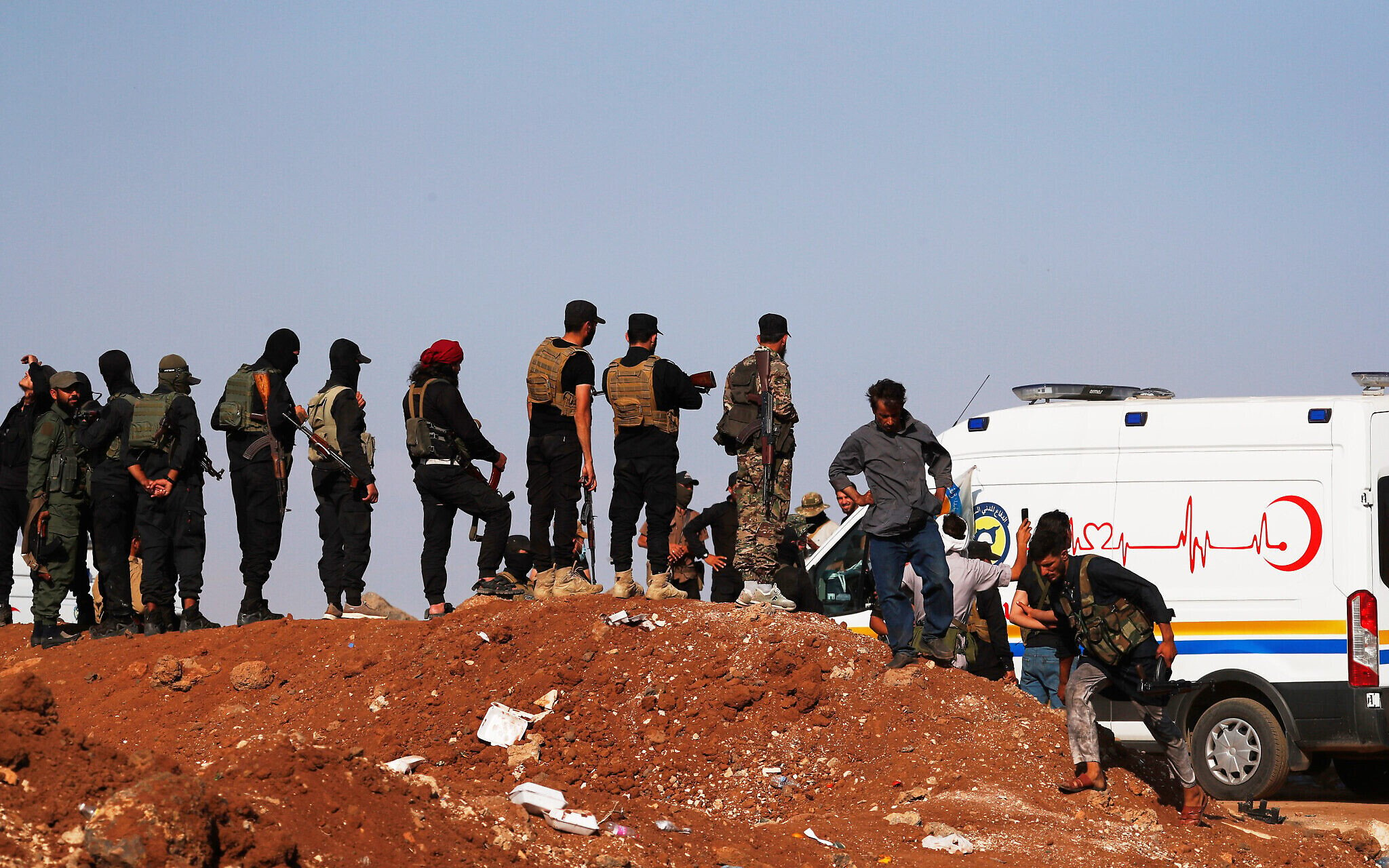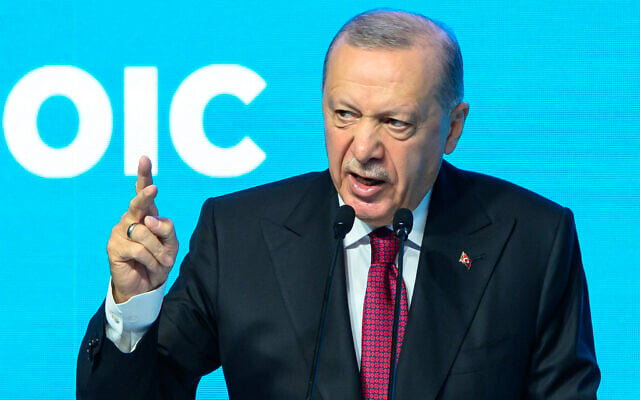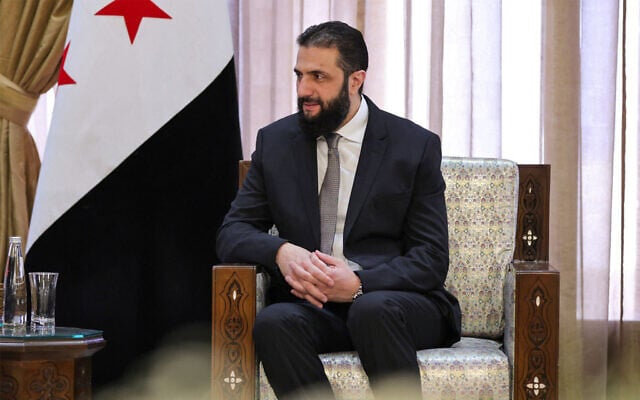



Syria’s interim government has requested Turkey’s support to strengthen its defense capabilities, Turkish officials said Wednesday, following sectarian violence over the past two weeks that drew in Israeli strikes.
The defense ministry officials, who spoke on condition of anonymity according to procedures, said that Syria has also sought assistance to combat “terrorist organizations,” including the Islamic State group.
Turkey was working toward providing training, advisory services and technical support to help strengthen Syria’s defense capacity, the officials added. Syrian officials could not be immediately reached for comment.
Turkey was believed to provide assistance to Syrian rebels fighting Bashar al-Assad, the country’s ousted leader. Now, it is a prominent supporter of the government that replaced Assad last year, headed by Ahmad al-Sharaa. It has been seeking a defense agreement with Damascus that could reportedly include establishing Turkish military bases on Syrian territory.
Wednesday’s news, which came days after violent clashes between Bedouin Arab tribes and Druze militias in the southern province of Sweida, means that Ankara will likely be stepping up its presence and activity in Syria.
The Bedouin-Druze conflict triggered Israeli airstrikes on convoys of government forces in Sweida and on the defense ministry headquarters in central Damascus, which Israel justified as efforts to protect Syrian Druze, in solidarity with the Israeli Druze minority.
The US envoy to Syria, Tom Barrack, announced an American-brokered ceasefire between Israel and Syria on July 19, which allowed Syrian government forces to go into Sweida.
An earlier ceasefire between Druze factions and government forces broke down. After a second ceasefire, the government forces withdrew from Sweida, but fighting flared again between Druze and Bedouin groups.

In an interview with The Associated Press earlier this week, Barrack said the US has “no position” on the prospect of a defense pact between Syria and Turkey.
“It’s not in the US’ business or interest to tell any of the surrounding nations with each other what to do,” he said.
The situation in Syria has increased tensions between Turkey and Israel, which is occupying the former no-man’s land adjacent to its border as a buffer zone. In April, Israel struck five cities in Syria, including more than a dozen strikes near a strategic air base in the city of Hama, where Turkey reportedly has interests in having a military presence. Israel accused Turkey of trying to build a “protectorate” in Syria.
That month, Turkey and Israel held talks on creating a deconfliction mechanism in Syria that would avoid clashes between the two countries. They reportedly reached an agreement following a month of talks.
Turkey has vocally criticized the recent Israeli strikes, with Foreign Minister Hakan Fidan claiming Tuesday that Israel wants a divided Syria. Turkish President Recep Tayyip Erdogan, long a harsh critic of Israel, accused it last week of using the Druze minority in Syria as a pretext for expanding into the war-torn country.
“Israel, using the Druze as an excuse, has been expanding its banditry into neighboring Syria over the past two days,” Erdogan said in a televised speech, calling Israel a “terror state.”

Ankara also backs an agreement reached between Sharaa’s administration and the Kurdish-led Syrian Democratic Forces, or SDF, to integrate into Syria’s national army. Implementation of the deal has stalled, with a major sticking point being whether the SDF would remain as a cohesive unit in the new army or be dissolved completely.
On Tuesday, Fidan warned Kurdish and other groups in Syria against exploiting the tensions to pursue autonomy, stating that any attempt to divide Syria would be viewed as a direct threat to Turkey’s national security and could prompt intervention.
Turkey considers the SDF a terrorist organization because of its association with the Kurdistan Workers’ Party, or PKK, which has waged a long-running insurgency in Turkey.
The Turkish officials said Turkey expects the SDF to follow through on its commitments under the agreement, adding that Turkey would be “following” the situation.
